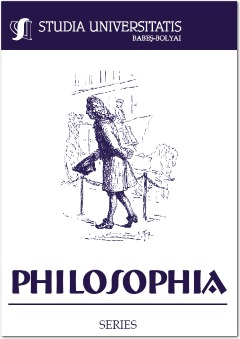EMBODIED LEARNING OF LANGUAGE IN PRESCHOOLERS: EMOTION, ENACTMENT, AND COGNITION
EMBODIED LEARNING OF LANGUAGE IN PRESCHOOLERS: EMOTION, ENACTMENT, AND COGNITION
Author(s): Alexandra Marian, Doris Rogobete, Roxana Vescan, Adriana Ilie, Thea IonescuSubject(s): Philosophy, Social Sciences, Psychology, Special Branches of Philosophy, Philosophy of Mind, Cognitive Psychology
Published by: Studia Universitatis Babes-Bolyai
Keywords: language learning; embodied cognition; sensorimotor; emotions;
Summary/Abstract: Language learning in preschool children tends to be likened to school-like learning, using verbal explanations more than actions when new words are learned during storytelling. Based on previous results that showed that sensorimotor elements help language learning at this age this study aimed to investigate whether positive emotions also act like essential elements for language learning. Fifty-five 4 to 5 year olds listened to a modified version of the "Town Musicians of Bremen" story. There were four conditions: one that included emotions and sensorimotor elements during storytelling, one that had only emotions, one that had only sensorimotor elements, and one that had neither emotions nor sensorimotor elements. Results show no advantage of positive emotions by themselves, and a clear advantage of sensorimotor elements. Implications are discussed with regard to inducing emotions versus naturally arising emotional states, and also to the embodied learning perspective.
Journal: Studia Universitatis Babes-Bolyai - Philosophia
- Issue Year: 64/2019
- Issue No: 2
- Page Range: 71-86
- Page Count: 16
- Language: English

